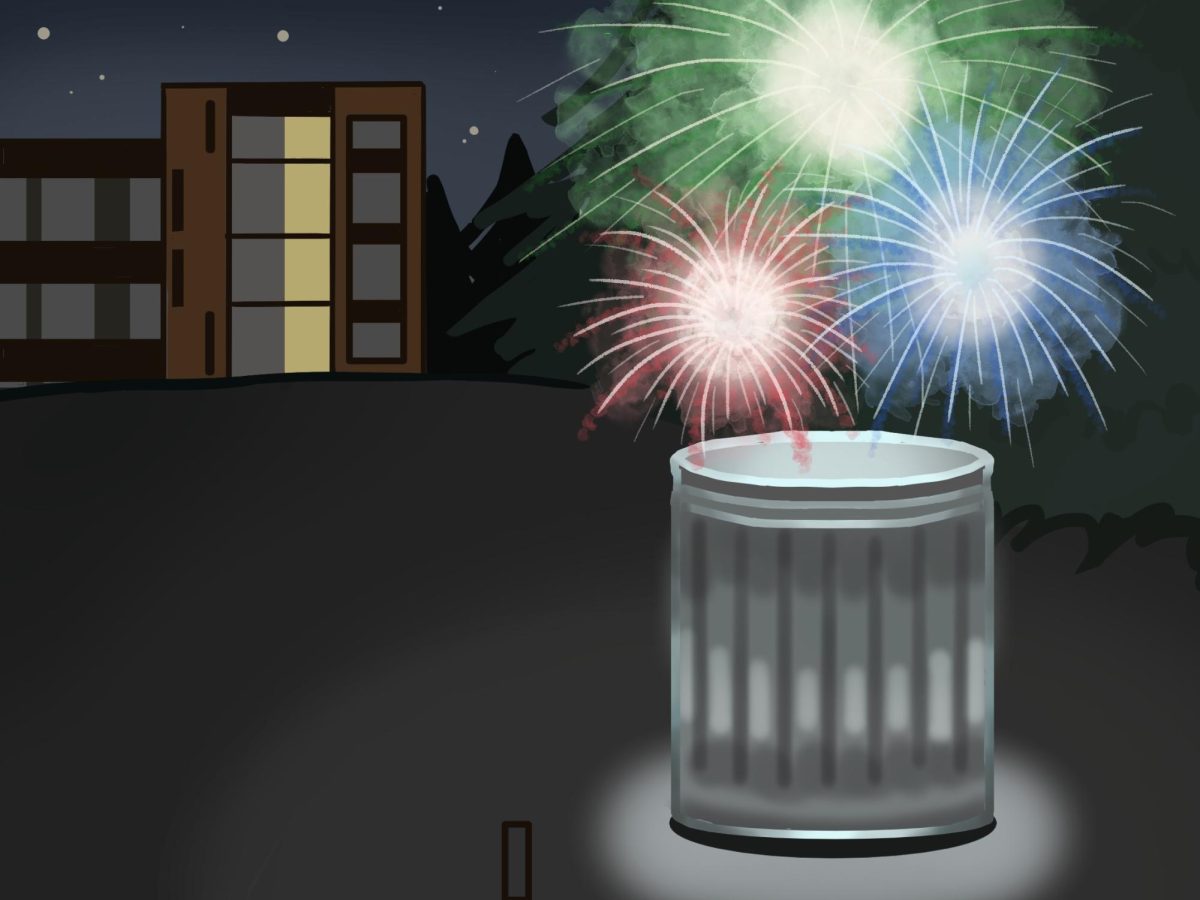The Tea with Rose: Getting Away With Murder
December 13, 2021
How much do you really know what someone is capable of?
In November, 18-year-old Kyle Rittenhouse went to trial for three shootings that occurred on Aug. 25, 2020 during a Black Lives Matter protest dedicated to deceased Kenosha resident Jacob Blake.
The trial brings to mind the logic offered in the Netflix series “How to Get Away with Murder”: It’s all about what you make the jury and public believe. If you can win them over, you’ve won the case.
While most 18-year-olds were anticipating graduation, picking out a prom outfit and trying to prepare for college, Rittenhouse was preparing for trial with self-defense claims and awaiting the jury’s verdict.
One protestor, Anthony Hubers, had used his skateboard to hit Rittenhouse. Hubers was shot fatally. Gaige Grosskreutz, who was nonfatally shot, had been to numerous protests throughout the summer of 2020 and helped out with medical care, according to NPR.
Grosskreutz testified that a group of people including Huber had started to chase Rittenhouse after shooting and killing Rosenbaum because they were under the impression that Rittenhouse was an active shooter.
On Nov. 19, the Kenosha County jury found Rittenhouse not guilty on all counts.
It’s hard to imagine the baby-faced Rittenhouse as anything but a kid who probably enjoyed playing video games. He was even allegedly enrolled in Arizona State University to become a nurse — so what made him decide to go to that protest that night?
During the trial, Rittenhouse claimed a group of people including himself were asked to protect the car dealership Car Source. However, not only did the dealership’s owner deny requesting aid, but the shootings occurred blocks away. If Rittenhouse was truly there to defend a car lot, why did he leave it?
If he was attending the protest for the purpose of defense, why did he bring an assault rifle? These are just a handful of aspects the prosecutor should have questioned Rittenhouse about instead of, say, his TikTok username.
Still, this approach may not have been completely illogical. The prosecutor was trying to discredit Rittenhouse on his character, since support from the Trump administration had led to an uptick of public sympathy.
Although all three people who were shot had criminal records in their past, they should have been referred to as victims and treated as such.
It’s hard to say if this level of empathy was awarded to Anthony Huber, who probably thought he was being a hero — but according to the defense, there’s only room for one hero in the town of Kenosha.







